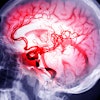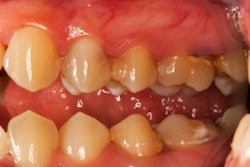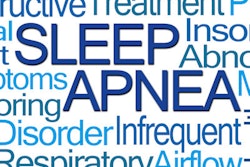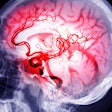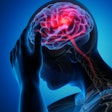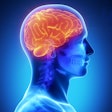Chronic periodontitis can increase the damage from an ischemic stroke, according to a small animal study presented this week at the American Stroke Association's International Stroke Conference in Los Angeles.
Chronic infection and persistent systemic inflammation are significant risk factors for poor outcomes for stroke patients, and chronic periodontitis is one of the most common chronic immunoinflammatory infections, according to the researchers from the University of Florida in Gainesville. Previous retrospective studies have examined the link between periodontitis and strokes, but their study is the first to investigate the role of periodontal bacteria in influencing the damage caused by strokes in a preclinical animal model.
The researchers randomly assigned mice to either a sham infection group (n = 8) or a periodontal disease group (n = 7), in which the mice were infected with four types of periodontal bacteria for 12 weeks to induce periodontitis. At the end of the infection period, they subjected all the mice to 60 minutes of transient ischemia (where blood flow to the brain is interrupted, similar to what happens during a stroke but usually without permanent symptoms). They then tested the mice for periodontal disease and functional and anatomical stroke results 48 hours after the transient ischemia was induced.
The infected mice developed mild periodontal inflammation and also showed increased alveolar bone resorption compared with the other mice, the researchers reported. The neurological deficit score (a measure of abnormal body function caused by the transient ischemia) increased by 32% in the periodontal disease group (p < 0.01) compared with the sham infection group.
The infarction volume (a measure of ischemic brain injury) increased by more than 44% (p < 0.05) in the periodontal disease group compared with the sham infection group. The periodontal disease group also had more bleeding within brain parenchyma than the sham infection group (30% versus 11%; p < 0.001).
The oral bacteria was responsible for significant neurological deficits, increased infarction volume, and greater parenchymal bleeding, resulting in enhanced ischemic stroke damages, the researchers concluded.
